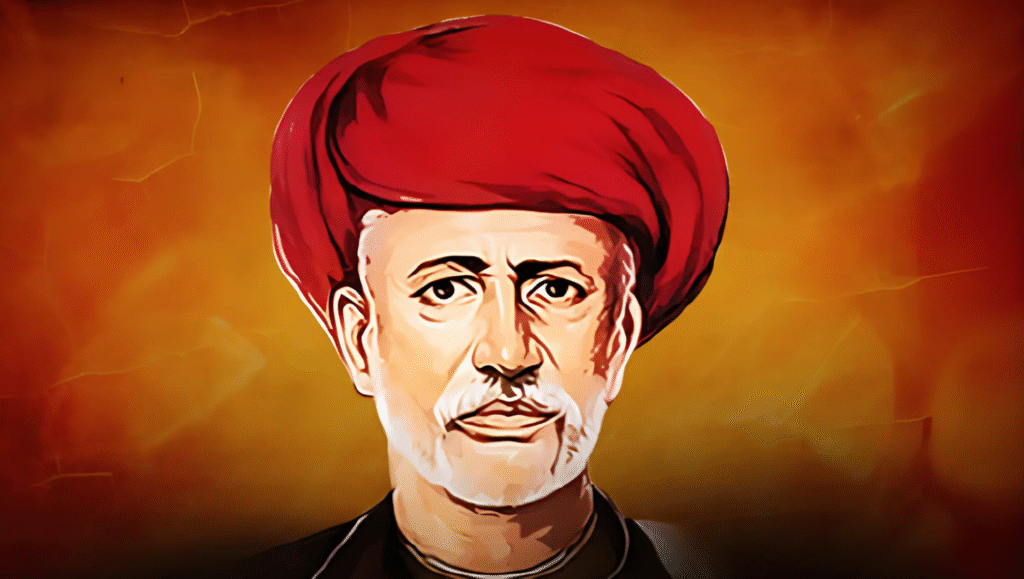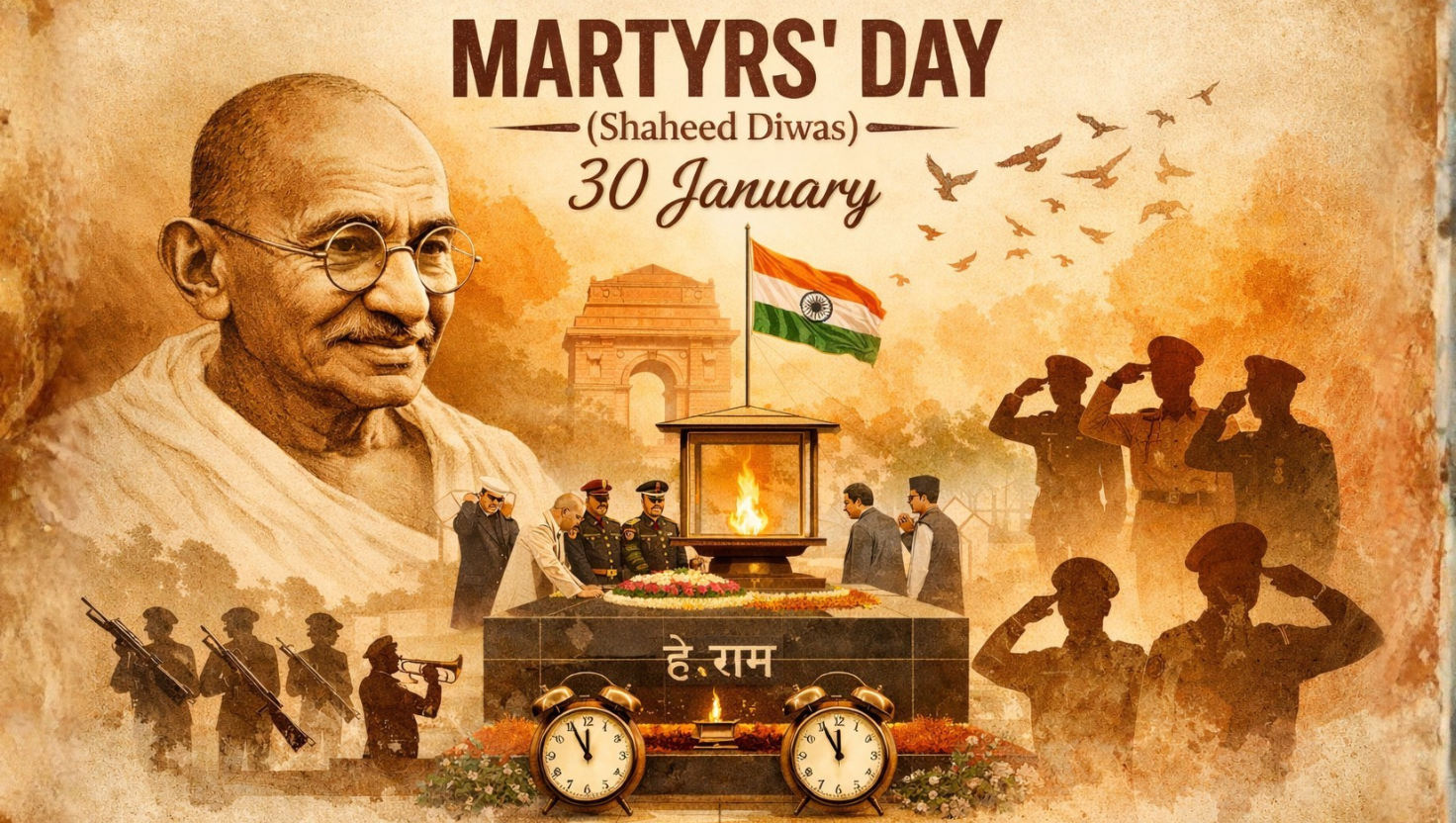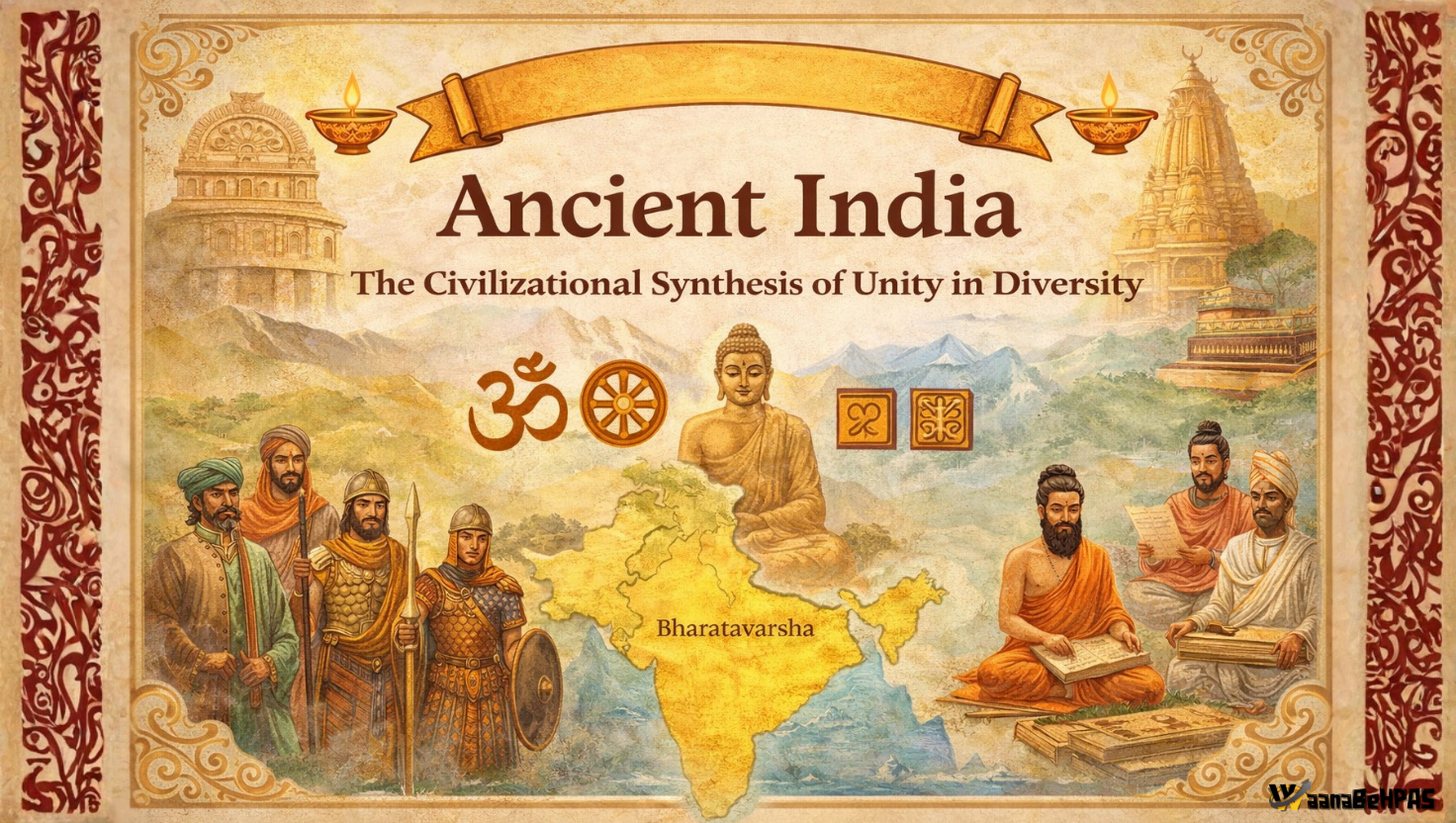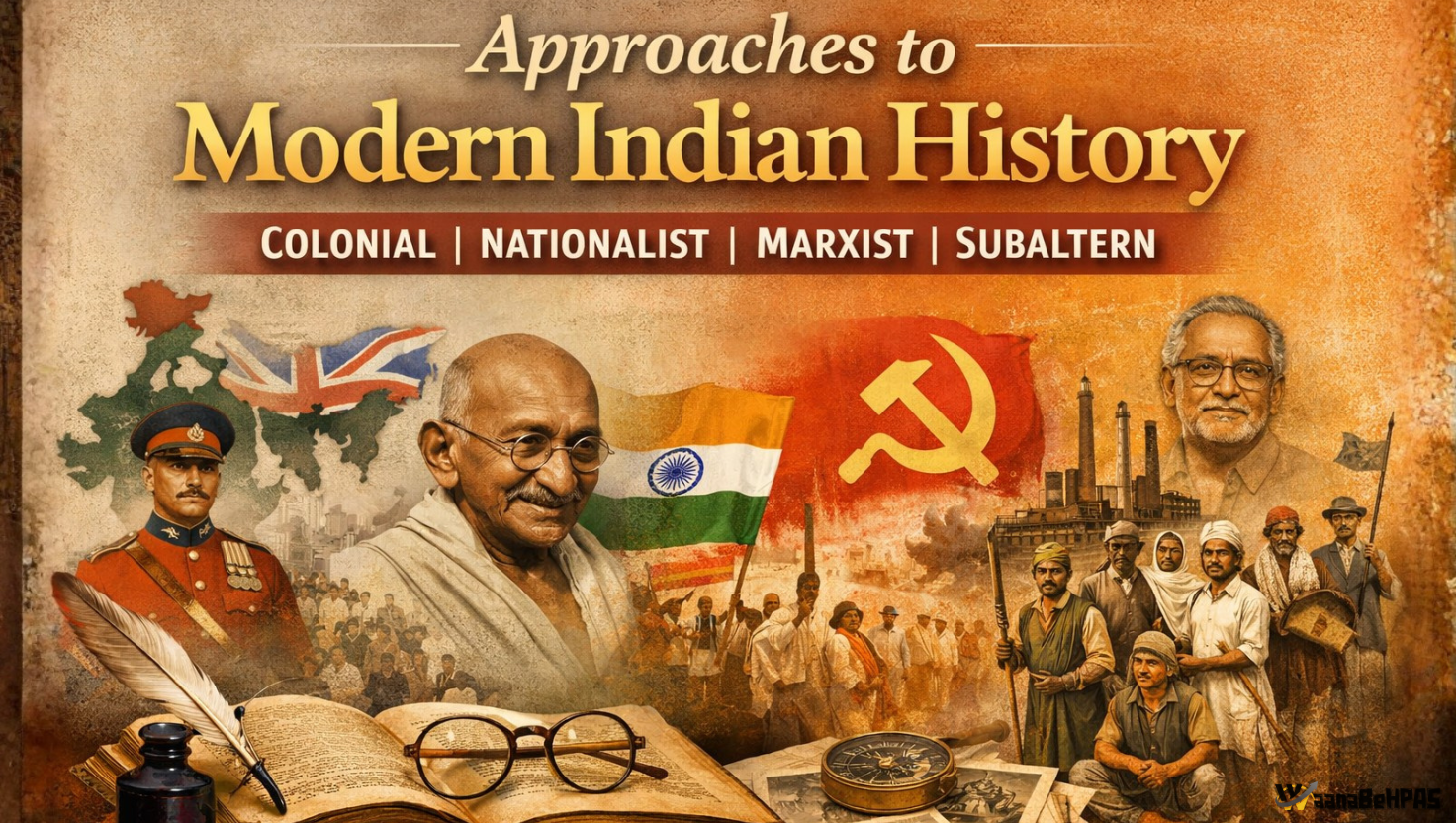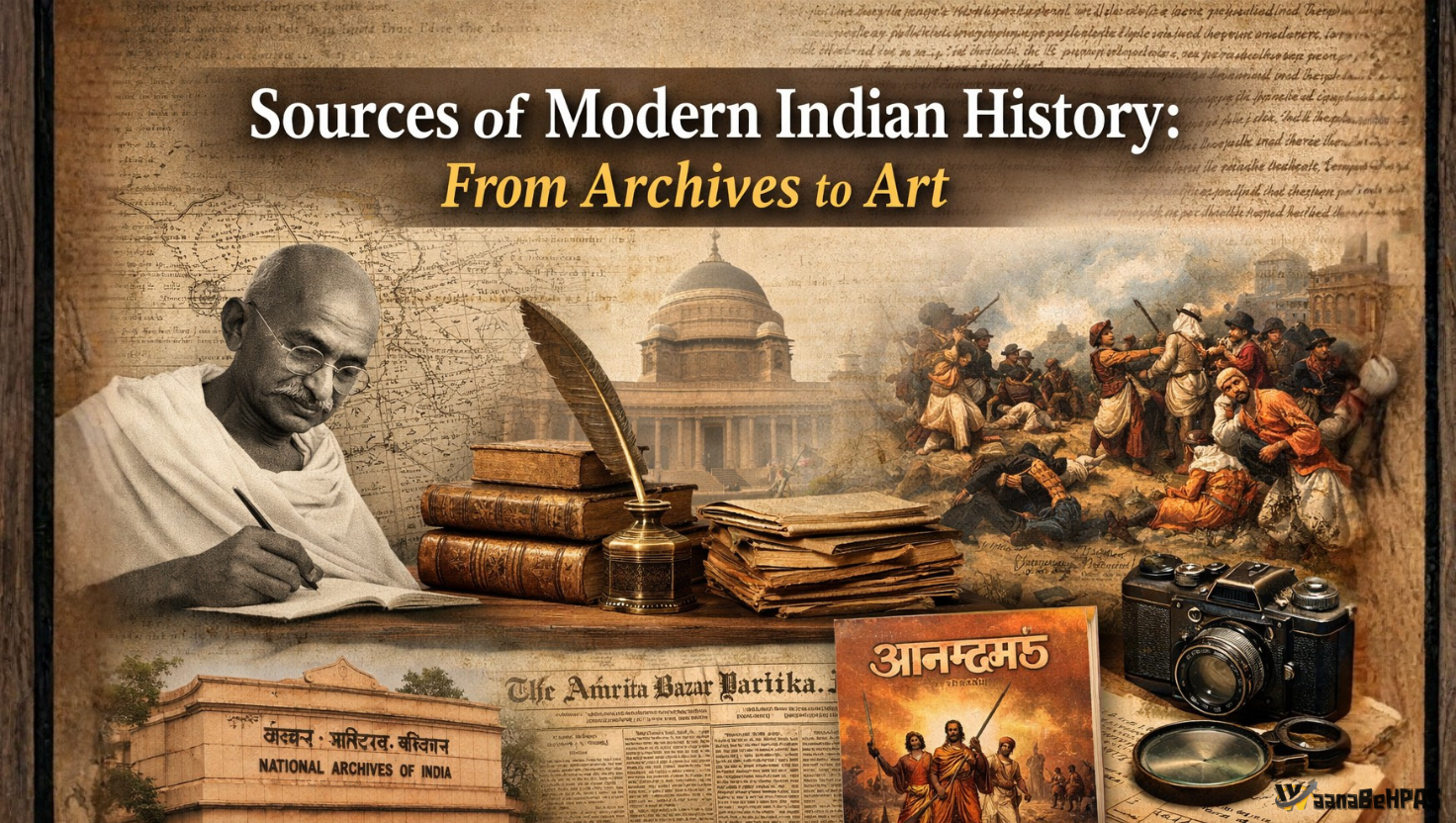Mahatma Jyotiba Phule: Social Reformer & Education Pioneer
Syllabus: History (UPSC Prelims)
Source: Hindustan Times
Context: On his 200th birth anniversary, the Government has announced year-long events to honour Mahatma Jyotiba Phule, who dedicated his life to fighting caste discrimination and promoting women’s education and social equality.
Early Life
- Full Name: Jyotirao Govindrao Phule
- Born: 11 April 1827, Satara (Maharashtra)
- Died: 28 November 1890, Pune
- Born in the Mali caste (Shudra community), traditionally engaged in farming.
- Despite caste barriers, he received early education and was influenced by reformist and revolutionary ideas.
Major Contributions
1. Women’s Education
- Opened India’s first girls’ school in Pune (1848).
- Educated his wife Savitribai Phule, who became the country’s first female teacher.
2. Fight for Caste Equality
- Founded the Satyashodhak Samaj (1873) to oppose Brahmanical dominance and unite oppressed communities.
- Opened his private well to all castes, symbolising social inclusivity.
3. Campaign Against Social Evils
- Opposed child marriage and promoted widow remarriage.
- Set up shelters for widows and orphans.
4. Writings and Thought
- Authored Gulamgiri (Slavery, 1873), comparing caste oppression in India with racial slavery in America.
- Advocated for equality through literature and rationalist thought.
5. Influence on Later Leaders
- Inspired B.R. Ambedkar and several anti-caste and social justice movements.
Significance
- Social Justice Legacy – Pioneer in the fight against caste oppression and gender inequality.
- Educational Revolution – Championed universal education as a tool of empowerment.
- Nation-building Role – His ideas laid the foundation for modern social justice movements in India.

